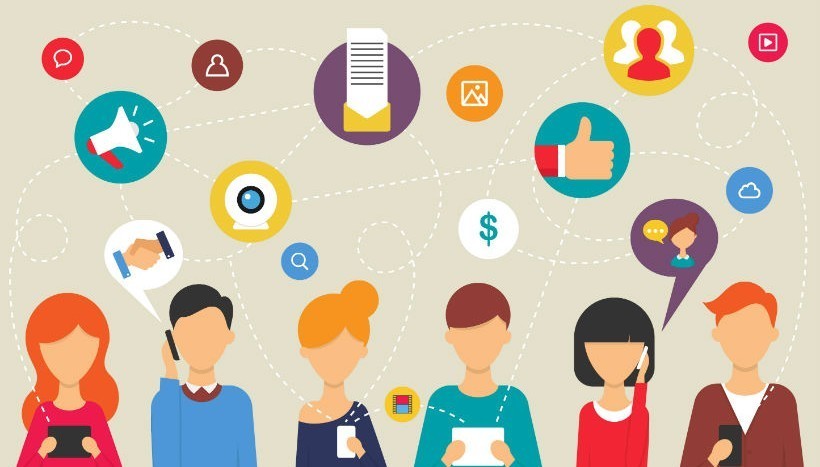How To Develop And Train For Soft Skills An The Workplace

The world is changing, so is the approach of people towards their profession. Businesses are responding by developing the soft skills that will keep them pertinent. Employees with greater emotional intelligence (EQ) levels are better performers. Organizations that foster soft skills like collaboration are outperforming those that don’t.
What Are the Soft Skills in the Workplace?
An invisible set of skills, which are non-measurable and can be cultivated through experience. It is a bunch of personal qualities, habits, and attitudes that make someone the most favored employee and compatible to work with. These skills sometimes are referred to as transferable skills or professional skills. Being able to demonstrate your soft skills helps in demonstrating great potential to succeed and progress in the career of your choice. Here are some of the main soft skills that are required in the workplace.
Emotional Intelligence (EQ): This is all about understanding your and other’s emotions as well.
Collaboration: High performing teams are often characterized by collaboration and teamwork.
Confidence: Your appearance, your behavior and the simple ways in which you hold yourself, is depictive of your confidence.
Adaptability: Being able to say “Yes!” when a manager assigns you with a new project is reflective of your adaptability.
Listening: Listening might sound simple, but it’s tough in practice.
Why Are Soft Skills At the Workplace Important?
Developing soft skills at work is very necessary for so many reasons. According to research, employees with soft skills training are 12% more productive than those without them. This translates into a whopping 256% ROI for companies.
Softs skills are crucial for fostering employee retention, improving leadership and building a meaningful culture.
These skills will also help companies to avoid costs, not just make money.
How to Develop Soft Skills in the Workplace?
Developing soft skills can be long process. As these skills are not measurable like hard skills, employees must first engage in a little self-reflection before they’ll know which soft skills training they need. Let us have a brief discussion on how to develop and train for soft skills in the workplace.
Also Read A complete guide to buying a used car
Develop a Hunger for Learning
Employers can’t force soft skills on their employees. They can prepare employees for the very personal change that comes with learning soft skills. Be one step ahead of time, observe people in your surroundings, be updated with the world around you and never say no to the new opportunities to widen the circle of your knowledge.
Help other colleagues understanding the importance of soft skills and how they impact their experience.
Self-reflection is Most Important
You won’t know how to improve soft skills in the workplace until you know which soft skills need improvement. Before you take up training in soft skills for professionals it’s important to figure out which soft skills you are lacking in.
Ask your colleague what they like or dislike about you. Often a self-assessment and 360-degree feedback is the best way to identify your strengths and weaknesses.
Give Your Ideas a Pinch of Creativity
Creative employees can think outside the box to generate original ideas. And they are one who is everybody’s favorite and appreciated. Creativity is related to curiosity, which enables you to learn new things on the job.
You need creativity to:
- Brainstorm groundbreaking ideas and solutions.
- Ask questions to uncover new ideas.
- When you evaluate possible solutions.
- Solve problems that seem unsolvable.
Become Agile to Changing Work Environment
When you’re agile, you’re able to adapt to a changing work environment. You can do your job well even when the ground is shifting under your feet. Mental agility allows you to go with the flow, embrace complexity and stay curious. Interpersonal agility helps you stay open-minded with others, which brings out the best in everyone.
you need agility to:
- Adapt to new or unfamiliar work situations
- Meet deadlines and other expectations, even when conditions aren’t ideal
- Make quick decisions with confidence
- Toggle between tasks without getting flustered
- Focus on a project, even when outside factors threaten to distract you
Conclusion
Incorporating soft skills in the workplace isn’t an easy task. An employee rich in soft skills is just like a brand new car engine working at maximum efficiency. But just like this new car engine, soft skills can gradually diminish over time if left unattended. With ongoing soft skills training, you can leverage soft skills for workplace success.

0 comments